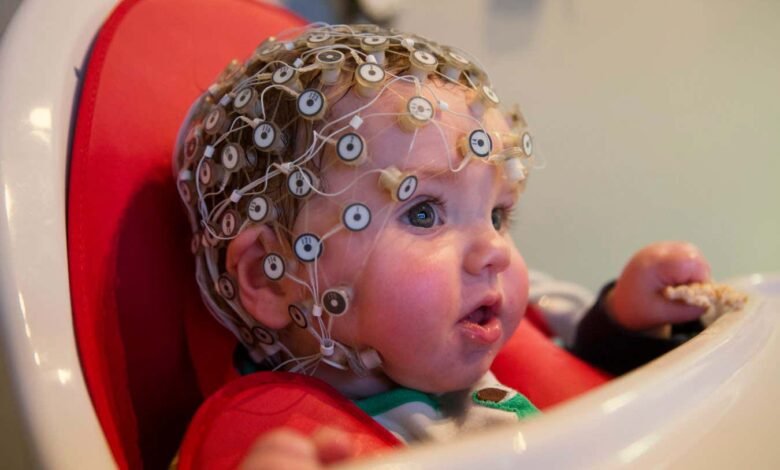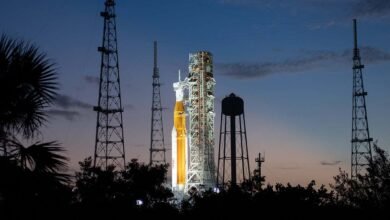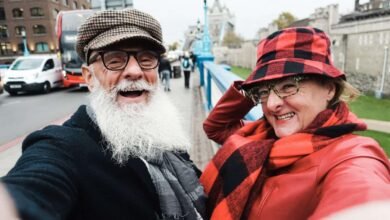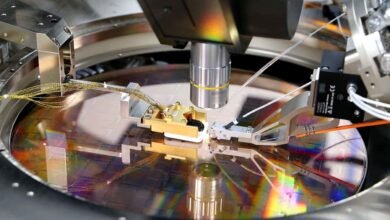How studying babies’ minds is prompting us to rethink consciousness


My first memory is of my family moving house when I was 3 years old. I can picture the removal van at the gate with my brother in the front seat, and I remember worrying about how his pet rabbit would fare on the journey.
Before this moment, my autobiography is a blank page. At some point between my conception and that morning we moved house, I must have gained the ability to think, with an awareness of my body and its surroundings all knitted together into something we loosely call consciousness – but I have no idea when that occurred.
Most parents would assume that their newborn is conscious from the moment they hold them in their arms, but how do we really know? It is a problem that has been troubling philosophers for decades. “There’s this general issue of, when did we begin? When did this stream of consciousness first emerge, if I can’t remember it?” says Tim Bayne at Monash University, Australia.
The answers, however, haven’t been forthcoming, with some researchers claiming it is already present at birth and others arguing it arises after our first year or later. Now, improvements to infant brain imaging are bringing clarity to the debate – suggesting an early origin of consciousness, perhaps even emerging just before birth.
Besides helping us imagine what life is like during those first moments of infant awareness, these insights help us to understand what consciousness is. “If you know when consciousness emerges, you can know what type of brain structures are necessary and sufficient,” says Claudia…
Source link




